USA Address
300 Lenora Street #1497, Seattle, WA 98121, United States
Call Emergency
1 236-477-8411 (Customer Service)
1 672-971-2088 (Hotline & WhatsApp)
+1 672-971-4036 (French Customer Service)
Mon to Fri (10 am – 6 pm PST)
International Conference hosts the most engaging conferences in USA to talk about business, economics, leadership, science, technology, engineering, nursing, and many more. Join the upcoming international conferences in USA to meet with industry professionals and enrich your knowledge.
Quick LInks
Explore
Secure Payment

Copyright © International Conference. All Rights Reserved.